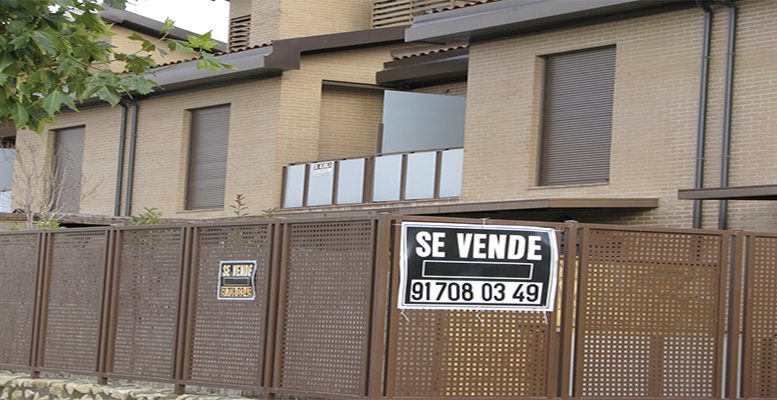The prolonged period of low interest rates in which we find ourselves has caused a complete shift in the mortgage market. Last year, coinciding with the key reference 12-month Euribor’s entry into negative territory, fixed rate mortgage loans represented over half the new loans contracted (53.3%), according to figures released by the Spanish Mortgage Association.
The index Euribor still does not reflect market expectations for the normalisation of monetary policy in the medium-term. For the time being, it remains below -0.10% and has been in negative territory for over a year. That said, it’s posible that this year it will turn positive again.
But this doesn’t mean that analysts expect rate hikes in the eurozone in the short-term. The complete opposite in fact: the majority don’t see any rises at least until 2019, in spite of the improved performance from inflation and the pressure from the “hawks” on the ECB governing council, lead by Germany.
If Draghi holds firm to his current monetary policy, banks will continue to focus on granting fixed rate mortgages at least during the next two years.
The big advance in fixed rate loans in 2016 was due basically to two factors: 1) the preference of the lenders for offering a product which guarantees some degree of certainty about the interest they will receive, and 2) cheaper fixed rates, which have reached levels never seen before of around 2%. According to the figures provided by the Spanish Mortgage Association, the weighted average interest rate on new home mortgage transactions between January and November 2016 was 2.02% compared with 2.24% a year earlier.
That said, in the last few weeks the banks have raised the fixed interest rate they offer on mortgages, pushing it closer to 3%. This has been their quick response to the new interest rate scenario in the US, which could be transferred later to the Eurozone.





